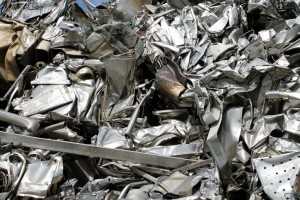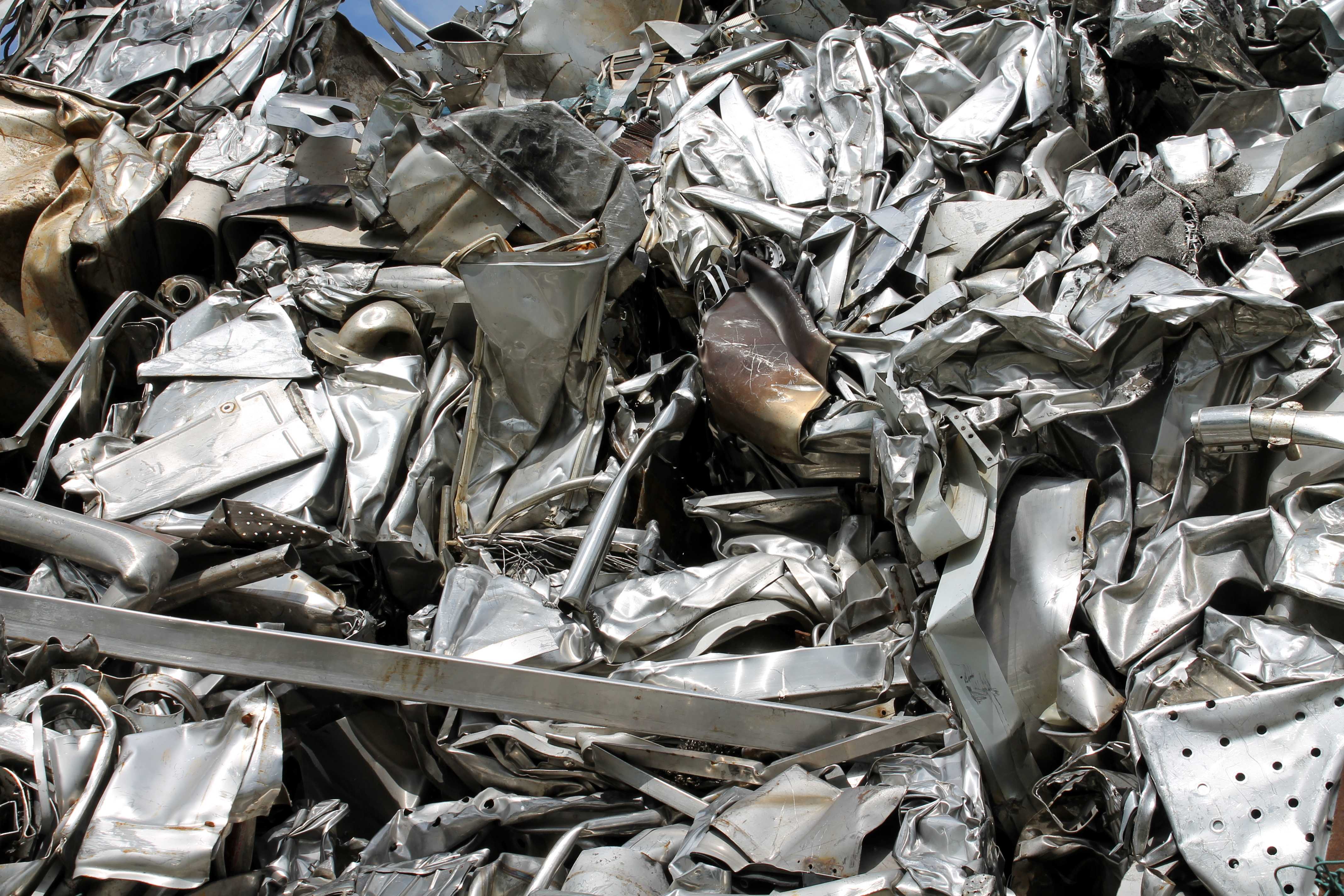Disclaimer: This website provides health information for educational purposes only and is not a substitute for professional medical advice, diagnosis, or treatment. Always seek the guidance of a qualified healthcare provider with any questions you may have.
 Metal recycling is one of the oldest trades in the world. However, it has only become more of a household name recently to many people because of global warming. Due to the worsening effects of climate change, metal recycling has quickly become good press.
Metal recycling is one of the oldest trades in the world. However, it has only become more of a household name recently to many people because of global warming. Due to the worsening effects of climate change, metal recycling has quickly become good press.
Whether you just plan to earn instant cash or take it more seriously, it pays to separate facts from fallacy to guide you in your endeavour. Many myths circle around, passed by one misinformed to another. Not only it would make you wiser, but getting your misconceptions out of the way can also help you negotiate better with a metal trader.
Metal Recycling Isn’t as Eco-Friendly as Billed
The hype behind metal recycling is true. Granted, this process also produces pollution, but the energy used in this practice is significantly less compared with creating new metal items. Melting and re-forming a damaged tool is way simpler than processing virgin ores.
The Heavier, The Better
The truth is, lighter metals, like aluminium, stainless steel, copper, brass and lead, are generally more valuable compared with heavier ones, such as cast iron and thick steel. Scraps are not classified according to weight, but to grade of ferrous and non-ferrous metals.
PC Towers Release Toxic Gases
False. All they contain is air. Maybe it also has high concentrations of dust, but they certainly have no deadly fumes.
Hard Drives are Worth a Lot
There was a time when these devices have large amounts of precious metals like gold, silver and palladium, but those days were gone. As technology has kept on advancing, the need for precious metal for hard drive manufacturing has dropped. They’re still worth scrapping, though, but you have to lower your expectations.
There’s a reason more and more people are embracing the economic benefits of metal recycling. As you take part in this multi-million dollar industry, do your research, be a smart scrapper and negotiate with your trader intelligently.




